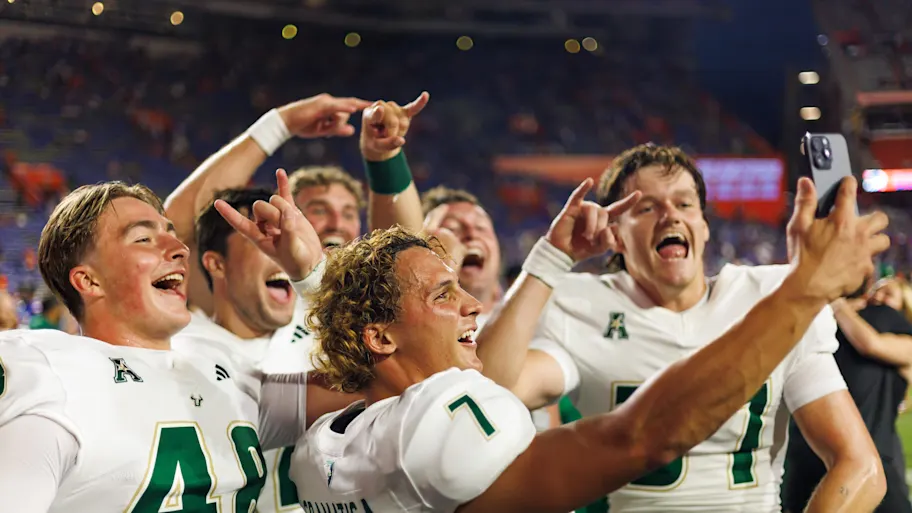D-I Subdivisions Launch New Governance Model to Shield Athletes from Employee Status

Amid the financial and legal upheaval currently restructuring college athletics, a coalition of administrators and athletes from the Football Championship Subdivision (FCS) and Division I-AAA schools (non-football) has formally proposed a new, preventative model of governance.
The proactive plan is explicitly designed to create a “philosophically and legally defensible” framework that keeps their programs competing at the Division I level while definitively treating athletes as students, not employees.
The Proposal: A Return to Educational Roots
This move comes in response to seismic shifts in college sports, highlighted by the recent $2.77 billion antitrust settlement involving the NCAA and the major conferences. Fearing that the chase for massive revenue and professionalization will make their programs unsustainable, the smaller divisions are attempting to head off future lawsuits and preserve their athletic identities.
The new model, presented this month to the National Association of Collegiate Directors of Athletics and the Knight Commission, centers on two major transformations:
- Increased Athlete Governance: The plan seeks to give athletes a greater, more direct voice in the development of policies that affect their experience, aiming to solve issues internally rather than through legal or third-party systems.
- Redefining the Coach-Athlete Relationship: The proposal outlines clear boundaries to steer away from any semblance of an employer-employee dynamic—a concept given legal urgency by the recent National Labor Relations Board finding that Dartmouth basketball players met the definition of employees.
According to Janet Cone, president of I-AAA athletic directors and AD at UNC Asheville, the goal is to create a sustainable structure that “would keep our subdivisions competing in Division I.”
Critical Changes to the Student Experience
The guidelines specifically target areas where control over athletes could imply an employment relationship:
- Coaching Restrictions: Coaches would be restricted from using punishment (like removing a player from a team) or pressuring athletes to select specific majors.
- Reduced Control: The model proposes eliminating unreasonable time commitments and rules concerning an athlete’s off-field appearance or testing for recreational drugs.
Tom Michael, Athletic Director at FCS school Eastern Illinois, said the approach isn’t novel, but a necessary correction. “It’s really what we all got into this for and trying to bring it back to its roots of this model that’s centered around education,” he said.
By focusing on educational enrichment and self-governance, the coalition—which includes major basketball programs like Gonzaga and Creighton alongside 128 FCS schools—hopes to secure a stable and distinct future within Division I without being swept into the financial and legal turmoil consuming college athletics’ upper tiers.

